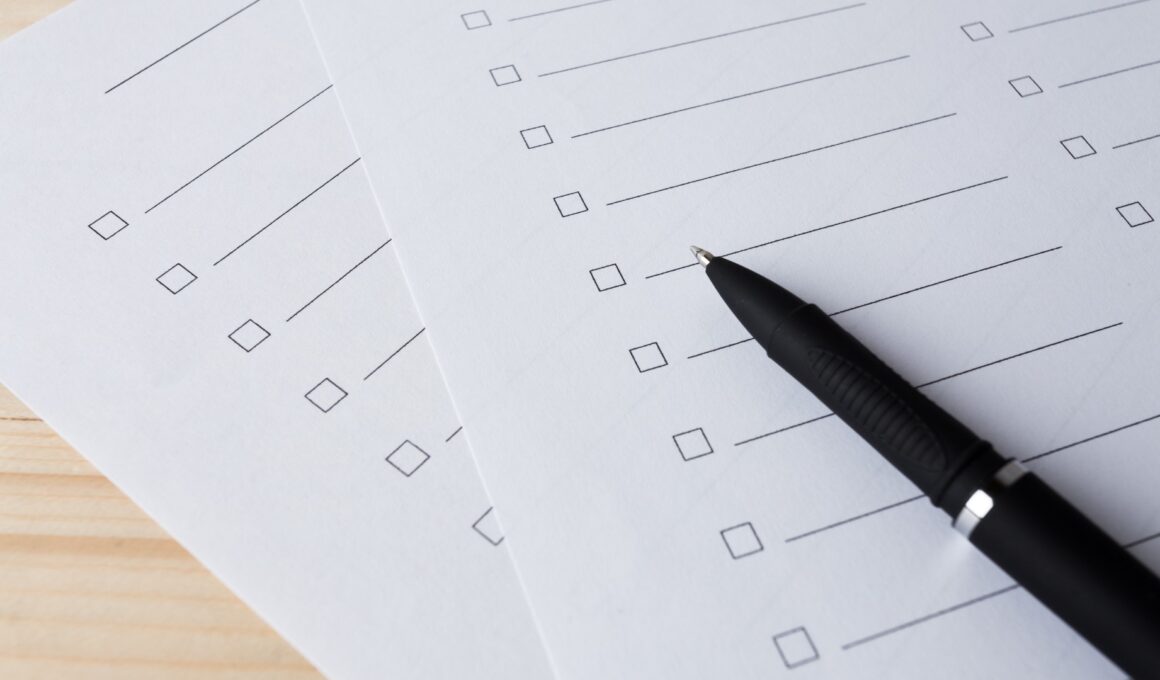Being the forgetful and disorganized person in your group can be something of an endearing quality and might be something that people poke lighthearted fun at. ‘Oh, they’re a bit eccentric’ they say, or ‘typical Ashley to get lost on the way to work again!’
All this is great fun and games, until you leave the oven on and go to work. Or until you go to a wedding and realize you’ve forgotten your shoes. Or until you leave your kid standing outside the school for hours waiting to be picked up…
In other words, there comes a point where being the absent-minded professor act gets old and where others start to lose their patience for it. In extreme cases, it may even be dangerous.
So the question is, how do you change? How to you stay more alert and remember to remember things?
Cognitive Simulation
One great tool for checking that you’ve got everything and that you’re ready before you leave the house is to run a cognitive simulation. What this essentially means, is to run through events in your mind that you’re going to be going through once you get to your destination or once you’ve left the house. So if you’re going on holiday, that would mean imagining getting in the taxi, going to the airport, checking in, getting on the plane, getting to the hotel, checking in, going to the beach, going out to nice restaurants, charging your phone at night… Literally imagine the entire holiday in your head in fast motion. Same if you’re going to work or going on a date. This way, you’ll be able to run through everything you need at each point in your head, rather than making the excuse later that you didn’t think about it…
Make Checklists
The most serious mistakes and accidents tend to happen when we’re complacent in what we’re doing. Ironically, this tends to mean that it’s the things we’re most confident about that end up actually resulting in injury or problems.
With that in mind, a useful tool to use is a checklist. This basically runs through a process and ensures that you tick each item off along the way. That might be a checklist for leaving the house, a checklist for leaving work, or a checklist for using power tools.
It might feel somewhat insulting to think you need a checklist for doing mundane tasks but actually this is a method that is used in a number of organizations. Studies show for instance that when doctors use checklists that are overseen by nurses, they are significantly less likely to make serious mistakes that negatively impact on the health of their patients. And this is even for the most basic and straightforward procedures.
Be More Present
Being absent minded actually has its benefits. Chances are that you also come up with your best ideas when you’re daydreaming and that it helps you to be more creative and more optimistic. You don’t want to lose that.
But that said, there is a time and a place to be inside your own head and there’s a lot to be said for being able to wake up and snap back to reality when needed. There are various techniques you can use to accomplish this, such as trying to be mindful of what’s around you (sounds, sights and feelings) for example, or to repeat the mantra: ‘nothing is more important than what’s happening right at this minute’. If you practice these techniques, you should find you eventually get to the point where you can employ them at will to become more engaged and switched on.
Look After Yourself, Decompress
The person who is always in a hurry is another type who is likely to find themselves often forgetting important things and getting into trouble. As is the person who is overworked or who is overtired. The less energy you have and the more stressed you are, the less mental bandwidth you will have leftover to remember to bring a toothbrush with you to your friend’s house. The solution is to learn your own limits and to lighten your mental load. At the same time, make sure you give yourself plenty of time whenever you need to be anywhere.




